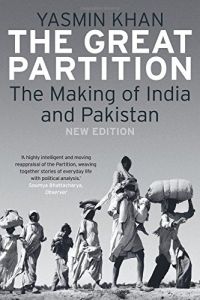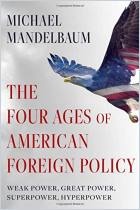Join getAbstract to access the summary!

Join getAbstract to access the summary!
Yasmin Khan
The Great Partition
The Making of India and Pakistan, New Edition
Yale UP, 2017
What's inside?
A gripping account of the turbulent events surrounding the Partition of India in 1947.
Recommendation
The 1947 Partition of India seemed like a win-win situation, offering freedom from colonial rule and a separate state for Muslims. In the end, however, the birth of modern-day India and Pakistan came at a heavy cost. In this book, historian Yasmin Khan offers a succinct, well-balanced analysis of the social and political background for, execution of, and fallout from the Partition – which, she argues, occurred with a reckless degree of haste. In the chaos which followed Britain’s exit from India, at least half a million people perished and over 10 million became refugees.
Summary
About the Author
Yasmin Khan is associate professor of history and fellow of Kellogg College, University of Oxford.

















Comment on this summary